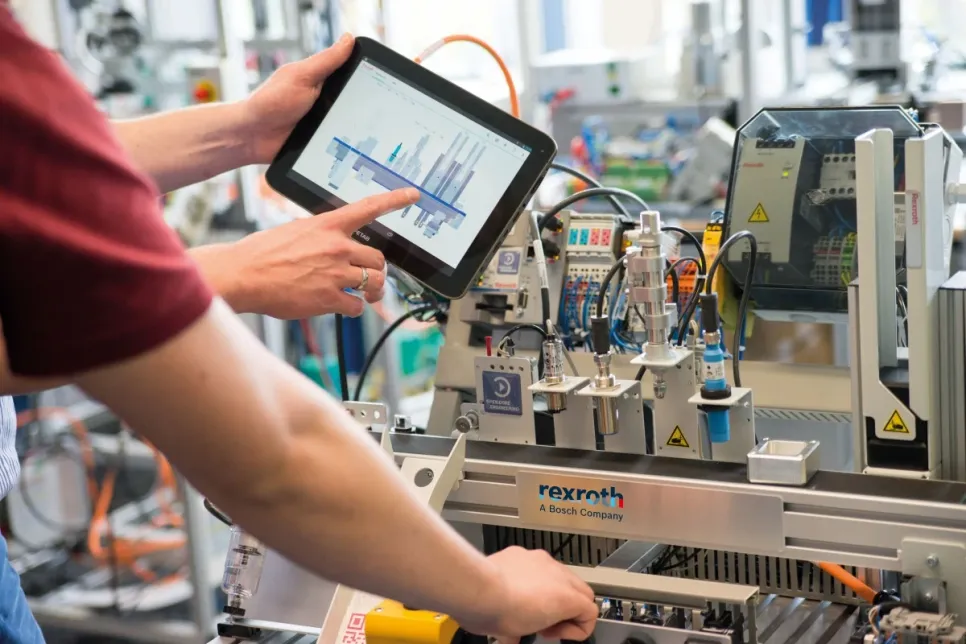Anthropic Signs New US Data Center Power Deal
Energy infrastructure company Hut 8 has entered into a partnership with Anthropic and Fluidstack to build a data center in the US.

An aging society and labor shortages affect nearly every company. That is why in 2022 Bosch offered more than 30,000 training seminars worldwide, with more than 520,000 associates taking part.
“Bosch is facing up to these challenges as a committed employer: we’re focusing on training and upskilling as well as on intelligent technology that makes associates’ work easier,” said Stefan Grosch, member of the Bosch board of management and director of industrial relations. “Looking at the metrics for the first half of the year, we expect to train around 50% more Bosch participants in 2023 than we did the year before.”
One focus of the training was technological expertise. More than 130,000 participants were able to acquire knowledge of technologies of the future such as electromobility, software engineering, and Industry 4.0. The commitment to training does not end at the company’s factory gates. With academies, training centers, and training courses, Bosch also offers other companies, customers, and interested parties the opportunity to acquire knowledge.
On the subject of Industry 4.0, for example, the company makes more than 100 training programs on digitalization and connectivity in manufacturing available externally through Bosch Connected Industry, Bosch Rexroth, and training institutes. “Bosch promotes lifelong learning. This is the key to lasting professional and business success,” Grosch said. He stressed that it is also essential for a country’s economic output. "If we want to maintain prosperity in Germany and remain successful as an exporting and industrial nation, we must invest even more in upskilling and intelligent technology and actively encourage people to enroll.”
Bosch offers all associates the opportunity for professional development. In 2022, associates attended one to two training courses on average; in addition, they completed two to three web-based courses. Roughly 6,000 seminars deal with technologies of the future. Lasting an average of two days, these seminars are particularly thorough.
Digitalization often determines not only the topic and content of training courses but also their form: in 2022, online courses accounted for two-thirds of all training hours for Bosch associates. “Digitalization is becoming a training booster for companies and their workforce; it enables learning independent of place and time and gives people a chance to experience new technologies such as artificial intelligence firsthand,” said Bosch CDO and member of the board of management Tanja Rückert.
Last year alone, Bosch spent some €300 million on professional development for its associates. “At Bosch, we develop technology that is ‘Invented for life.’ To do that, we need the right team with talented people in all positions, and we need them to continuously improve and expand their skills,” Grosch said.
The Boston Consulting Group estimates the loss in potential output for the German economy to be €86 billion. The German Chamber of Commerce and Industry puts it even higher, at just under €100 billion annually. In an international comparison of the nations with the strongest economies, the losses suffered by the German economy are the second highest after the United States.
“In the competition for the best talent, companies have to put everything on the line. A future-oriented corporate approach also means identifying vocational training and professional development opportunities and offering them to the workforce. Having highly qualified personnel is a decisive competitive advantage,” added Grosch.